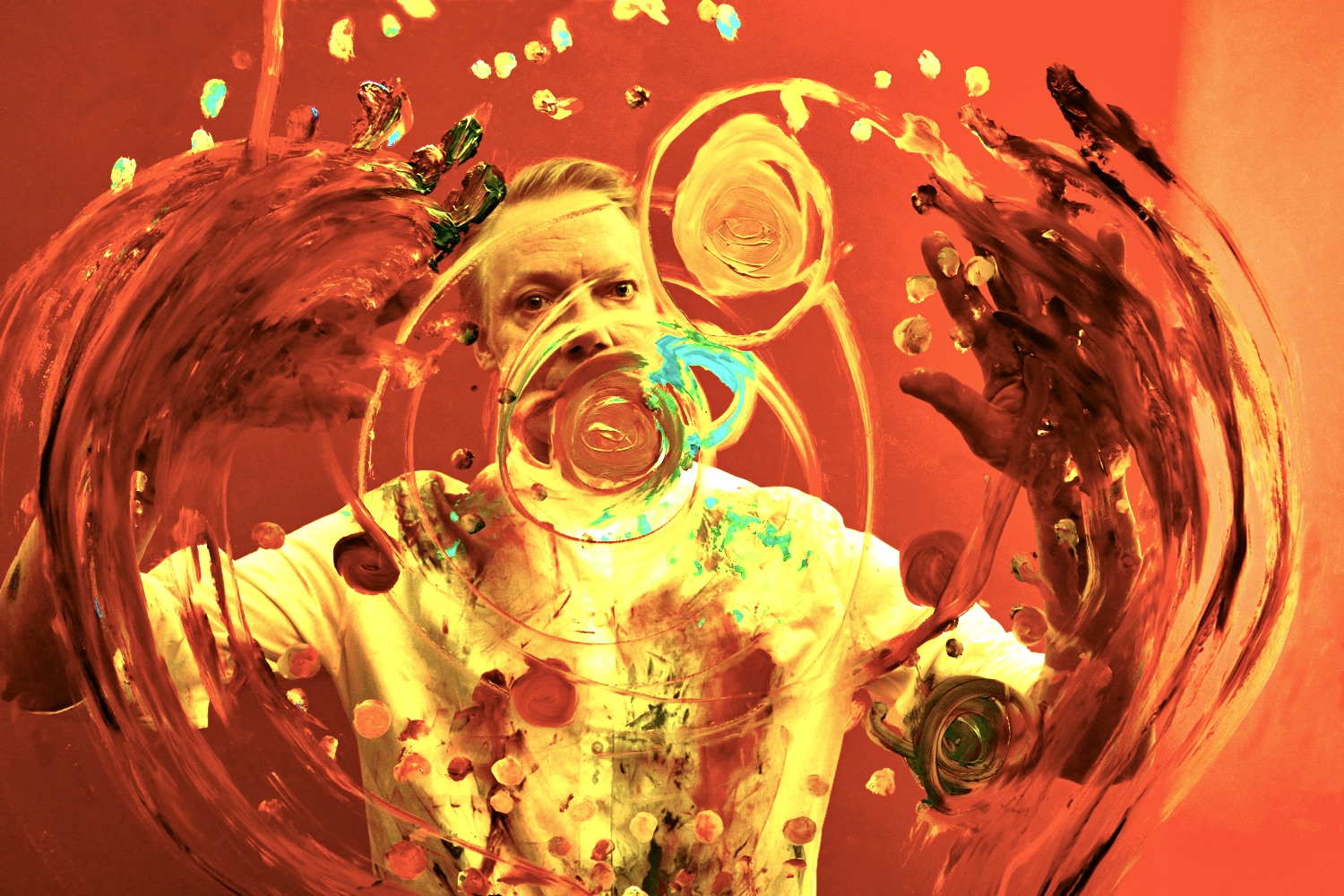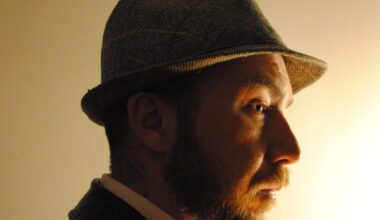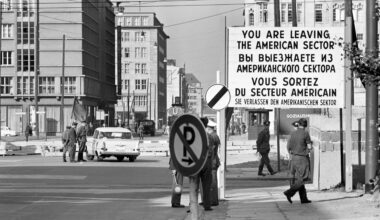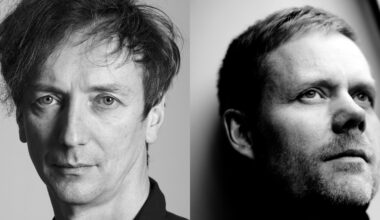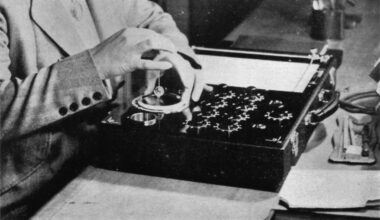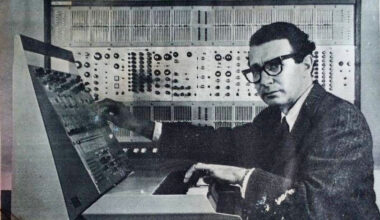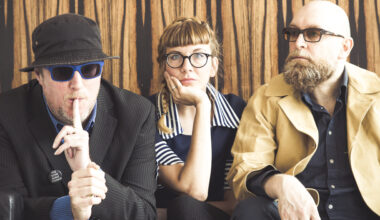Songwriter, musician and all-round chart supremo of four decades, William Orbit has clearly lost neither his producerly nouse, nor his knack for a good story. His new album, ‘The Painter’, is a wistful, hypnotic and thoroughly immersive voyage into sound
Want to read more?
Sign up to Electronic Sound Premium to gain access to every post, video, special offers, and more. 100%, all you can eat, no commitment, cancel any time.
Already a premium member? Log in here
